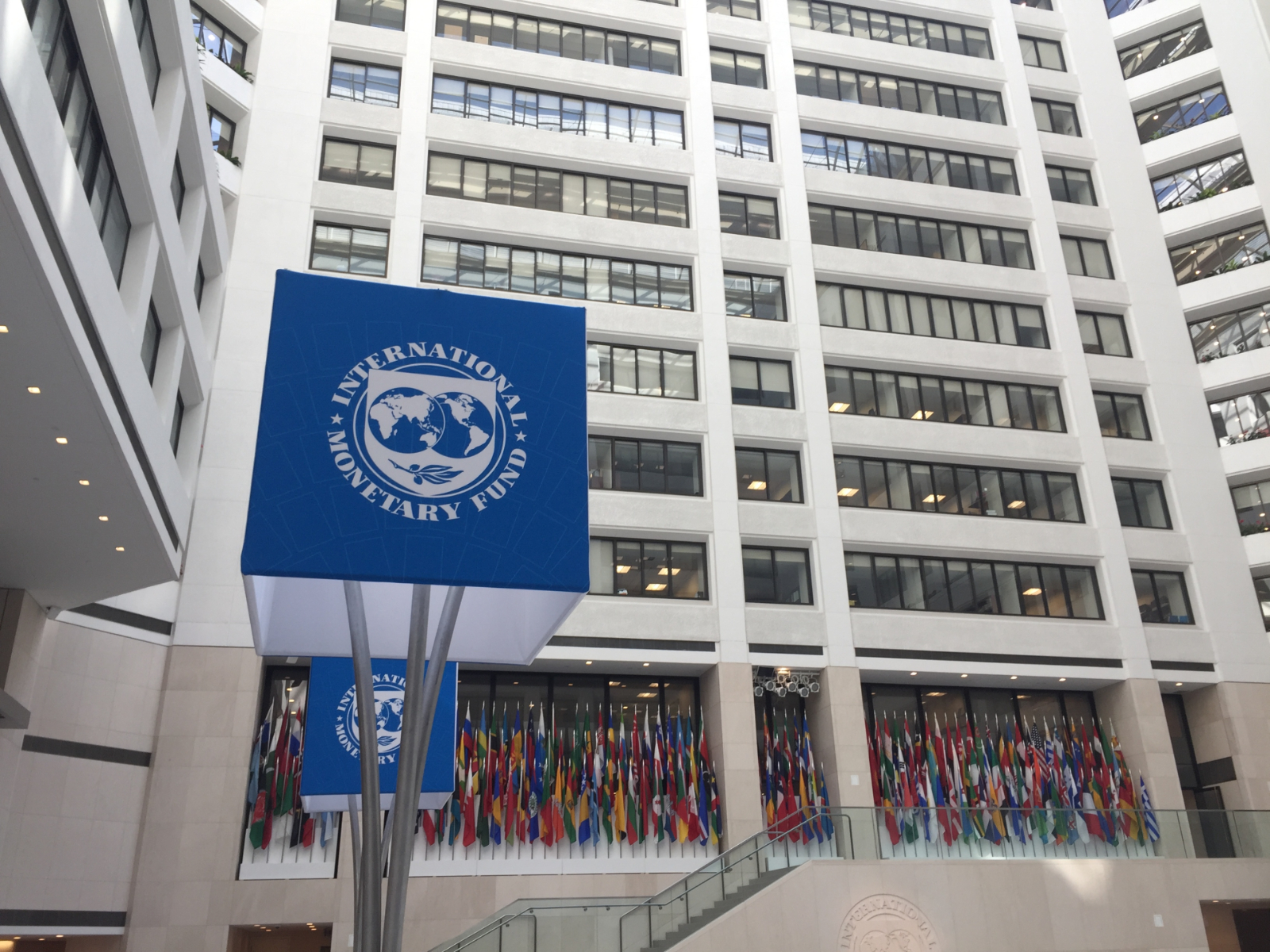Emerging markets flock to the IMF for help as covid-19 brings looming economic crisis

Emerging markets flock to the IMF for help as covid-19 brings looming economic crisis: Eighty-five countries have recently approached the IMF for emergency assistance, driven by record capital outflows, plummeting oil prices, a dearth of tourism, and reduced demand for exports, the Financial Times reports. Developing countries are facing a dire situation, with current levels of foreign reserves nowhere near enough to support them through the crisis. The IMF has estimated their total financial need at a “very conservative” USD 2.5 tn, and said they would still need at least another USD 700 bn even after exhausting their reserves.
Egypt and other EMs could struggle to meet their external funding needs, if cross-border travel stops, remittances fall, oil prices stay low and portfolio outflows continue, according to Morgan Stanley. Because of this, the government is keeping all its options open and is considering asking the IMF for new funding if the situation deteriorates further, Finance Minister Mohamed Maait said earlier this week.
Debt relief is desirable, but badly-needed funding will only come about through political will. The IMF and the World Bank have issued calls to suspend debt repayments, but analysts say the bigger question of how to free up funding needs momentum that may not exist while developed countries are preoccupied with handling the covid-19 crisis. The IMF has restored its full USD 1 tn lending capacity, and the UN is pushing for a further USD 1 tn to be made available through special drawing rights (SDRs), and an extra USD 500 bn to be set aside for emergency health services and social relief. But some of these processes are lengthy and cumbersome, and will only happen if these international bodies — and their wealthiest member states — begin to prioritize supporting EMs.